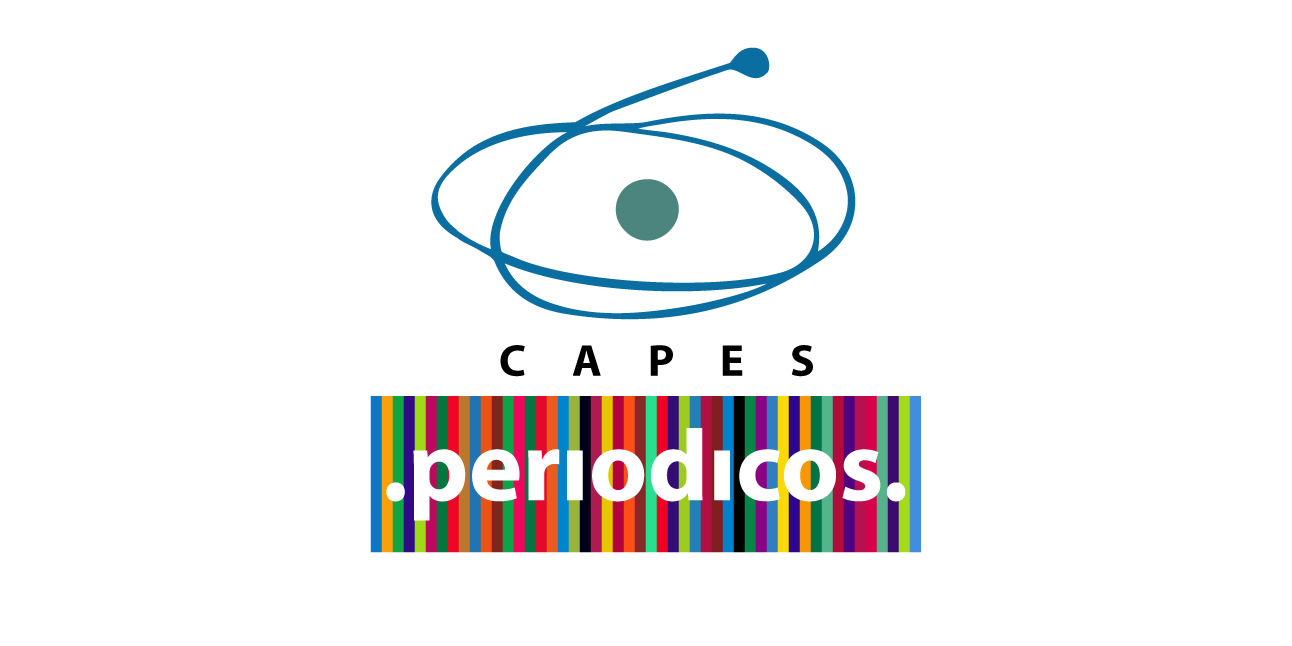DESLOCAMENTOS E DESLOCADOS AMBIENTAIS
déficit de regulação e problema de interação entre o doméstico e o internacional
DOI:
https://doi.org/10.21680/1982-310X.2024v17n2ID38826Resumen
O presente artigo aborda os deslocamentos forçados por fatores ambientais, destacando a crise ambiental como um problema humano de escala global. Explora-se como desastres naturais, mudanças climáticas progressivas e ações humanas levam milhões de pessoas a abandonarem seus locais de origem, frequentemente afetam populações vulneráveis e marginalizadas através de dados globais, demonstrando o impacto econômico, social e político desse fenômeno. Discute-se a insuficiência das regulamentações jurídicas para tratar adequadamente os deslocados ambientais, diferenciando conceitos como "refugiados ambientais", "migrantes ambientais" e "deslocados ambientais". Tal regulação frequentemente não consegue articular deslocamentos internacionais e internos, onde as necessidades de proteção são igualmente urgentes. No Brasil, examina-se o papel da Lei de Migração (Lei 13.445/2017), que prevê a concessão de vistos temporários para acolhimento de pessoas deslocadas por desastres ambientais, ressaltando a relevância dessa legislação, embora limitada. O artigo enfatiza a necessidade de um marco regulatório coordenado nos níveis nacional e internacional, reconhecendo que o fenômeno dos deslocamentos ambientais é transnacional e requer ações conjuntas. Conclui-se que enfrentar os desafios dos deslocamentos ambientais exige maior integração entre políticas públicas, regulamentações e mecanismos de proteção, visando garantir os direitos das pessoas afetadas e promover soluções sustentáveis para mitigar futuros deslocamentos.
Descargas
Descargas
Publicado
Cómo citar
Número
Sección
Licencia
Derechos de autor 2025 Revista Digital Constituição e Garantia de Direitos

Esta obra está bajo una licencia internacional Creative Commons Atribución-NoComercial-CompartirIgual 4.0.
Autores mantêm os direitos autorais pelo seu artigo. Entretanto, repassam direitos de primeira publicação à revista. Em contrapartida, a revista pode transferir os direitos autorais, permitindo uso do artigo para fins não- comerciais, incluindo direito de enviar o trabalho para outras bases de dados ou meios de publicação.













